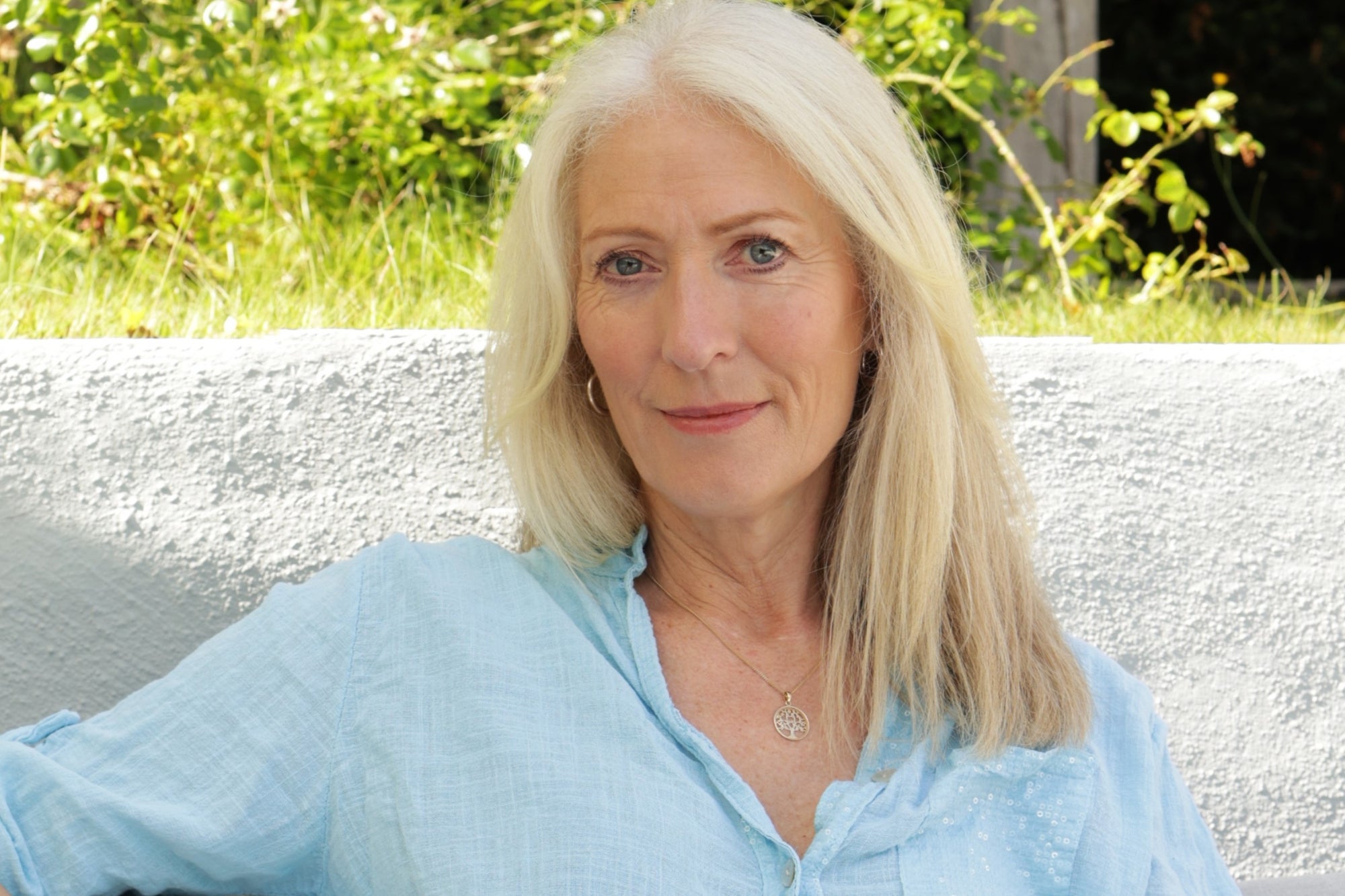Thinking Inside the Sustainable Box In a modest office in the Sussex countryside, Rachel Watkyn OBE, founder of Tiny Box Company, is doing something most packaging manufacturers have never bothered to try: she's reinventing the cardboard box.
Opinions expressed by Entrepreneur contributors are their own.
You're reading Entrepreneur United Kingdom, an international franchise of Entrepreneur Media.

As the UK's largest e-commerce sustainable packaging business, Tiny Box Company supplies thousands of businesse - from Etsy sellers to global brands - with ethical, recyclable, and stylish alternatives to = conventional retail packaging. But for Watkyn, the mission runs deeper than materials.
"We're contributing to the solution of overconsumption and waste in retail packaging by offering sustainable, ethical alternatives," she says. "Consumers are demanding transparency, and businesses need to adapt quickly to meet new environmental standards. In the UK, with increasing regulation on single-use plastics and heightened awareness of climate change, the shift toward sustainable business practices is no longer optional - it's urgent."
Profit Meets Principle
Like many impact-led businesses, Tiny Box Company began with a sense of purpose. But its growth has been driven by a crucial insight. "The turning point was realising that sustainability and profitability are not at odds," says Watkyn. "Once businesses saw that eco-friendly solutions could also strengthen their brand, reduce costs in the long run, and attract conscious consumers, demand for sustainable options accelerated, which in turn supported our growth."
The company's product range spans everything from biodegradable gift boxes to fully customisable packaging solutions made from recycled materials. But it's Watkyn's approach to scaling ethically that has made the company a benchmark in the sector.
"The UK is experiencing both economic pressures and a push for environmental accountability," she notes. "We've adapted by focusing on solutions that are not just sustainable but also cost-effective and scalable for our business and our customers' businesses."
The Power of Community
While her business is product-based, Watkyn emphasises that the real secret to long-term impact has been relationship-building.
"It's important to find other like-minded businesses early on," she says. "While it's easy to focus solely on the product, building strong relationships and partnerships with founders, retailers, and sustainability advocates has helped us whilst making our impact."
Lessons for the Next Generation
For entrepreneurs navigating today's start-up economy, Watkyn is clear: values matter. "Stay true to your values from day one," she says. "Sustainability wasn't going to be a 'nice to have' add-on - it was embedded in our mission. Customers can tell if you're authentic. If you're genuine, they're more likely to become your strongest advocates." Her outlook on the future is one of cautious optimism.
"Innovation within sustainability is needed," she says, "and being a part of that and helping to set new standards is incredibly motivating and exciting as an individual and a business owner."
For a sector often dominated by greenwashing and shortcuts, Tiny Box Company is proving that doing good and doing business can - and should - go hand in hand.












